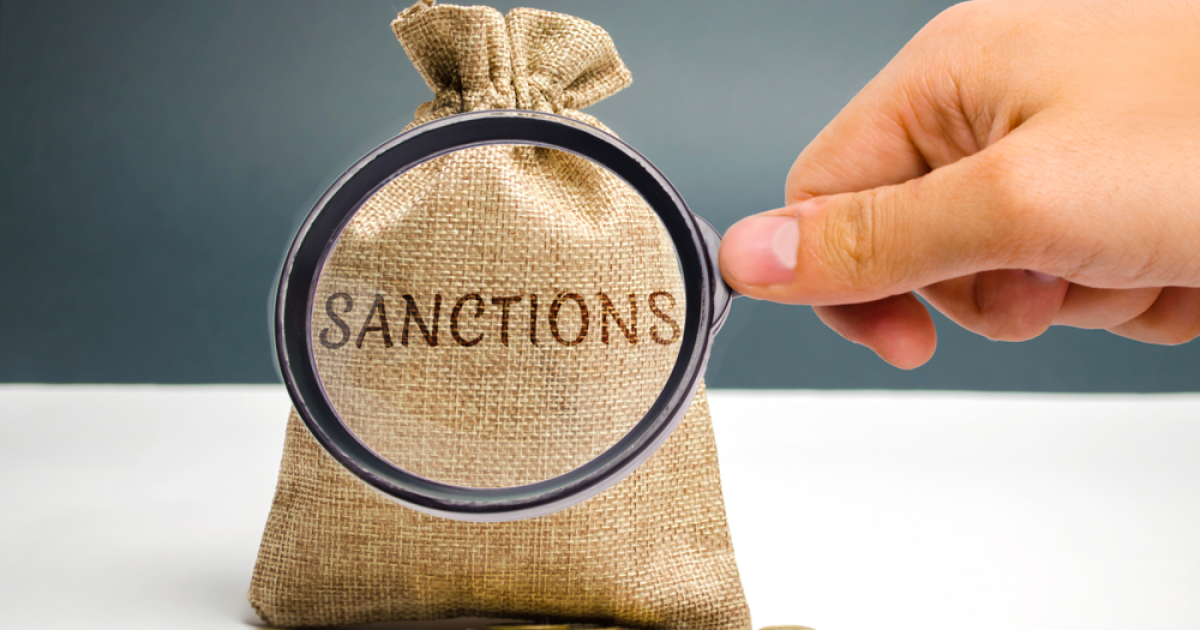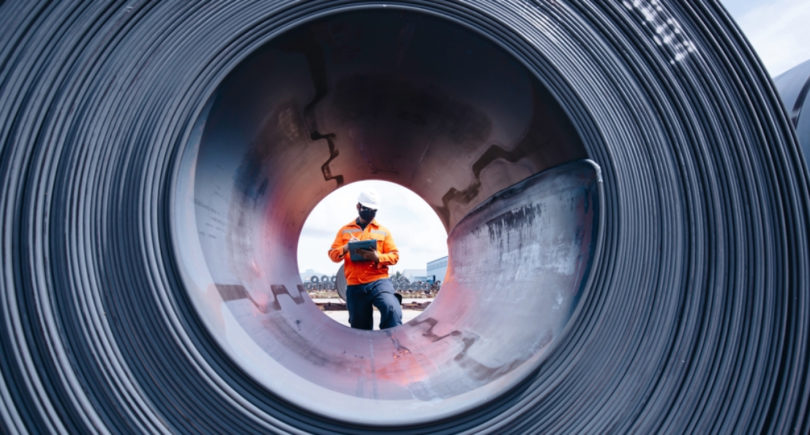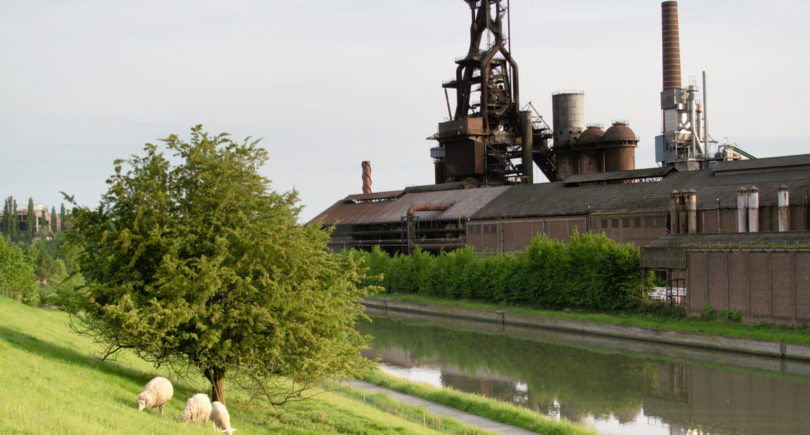
News Global Market EUROFER 702 01 December 2023
Further prolongation and weakening of sanctions risks becoming a historical mistake, the association believes
The EU is to reject additional requests from several member states to extend the terms of imports of Russian semi-finished steel products. This is stated in a statement by the European Steel Association (EUROFER).
By importing cheap steel from Russia, local companies are actually supporting the same plants that supply steel to the Russian military-industrial complex and related processing industries. Supplies from Russia must stop, despite the fact that they are the basis for the profitable business model of several steel mills.
«The opportunistic interest of a handful of steel processing enterprises in the EU is undermining the overall objective of EU sanctions against Russia, where steel plays a strategic role not only in the overall Russian economy but directly in the Russian military machine engaged in the unlawful war against Ukraine. The EU Member States should not perpetuate such a perverse system by approving another exemption, having already accepted a 2-year delay in banning the import of Russian semi-finished steel products into the EU,» said Axel Eggert, general director of EUROFER.
In addition, the industry association points out, the failure to apply steel sanctions against Russian semi-finished products leads to unfair competition and an uneven playing field in the EU’s domestic steel market.
According to EUROFER, the business model of European re-rollers is based on cost advantages gained from cheap imports from third countries. In contrast, the European integrated steel industry (with blast furnaces and oxygen converters), whose facilities are located in the EU, maximizes the creation of industrial, economic, environmental and social value in the European economy. In addition, steel mills in Europe responded promptly to EU sanctions and stopped importing Russian coal.
«EU Member states should be very clear that no further exemptions for Russian steel imports must be allowed. Weakening the current EU sanctions against Russia risks to be self-defeating and a historic mistake,» Axel Eggert summarized.
The Czech Republic is lobbying for continued imports of Russian slabs to the EU despite the eighth package of sanctions. Recently, Czech Minister of Industry and Trade Josef Sikela confirmed the request to extend the transition period until 2028. According to media reports, Belgium and Italy have also requested an exemption for Russian slabs.
The transitional period during which EU countries can import slabs from Russia within the established quotas is due to end on September 30, 2024, and a complete ban on imports of Russian semi-finished products will come into effect on October 1.
As GMK Center reported earlier, despite the sanctions, the Russian steelmaker continues to generate relatively high revenues from exports to the EU. In particular, in 2022, total exports amounted to 7.92 million tons worth €3.87 billion. In January-July 2023, the European Union reduced imports of metallurgical raw materials from Russia by 44.8% y/y – to 3.24 million tons, including consumption of semi-finished steel products by 40.8% y/y – to 1.92 million tons.



